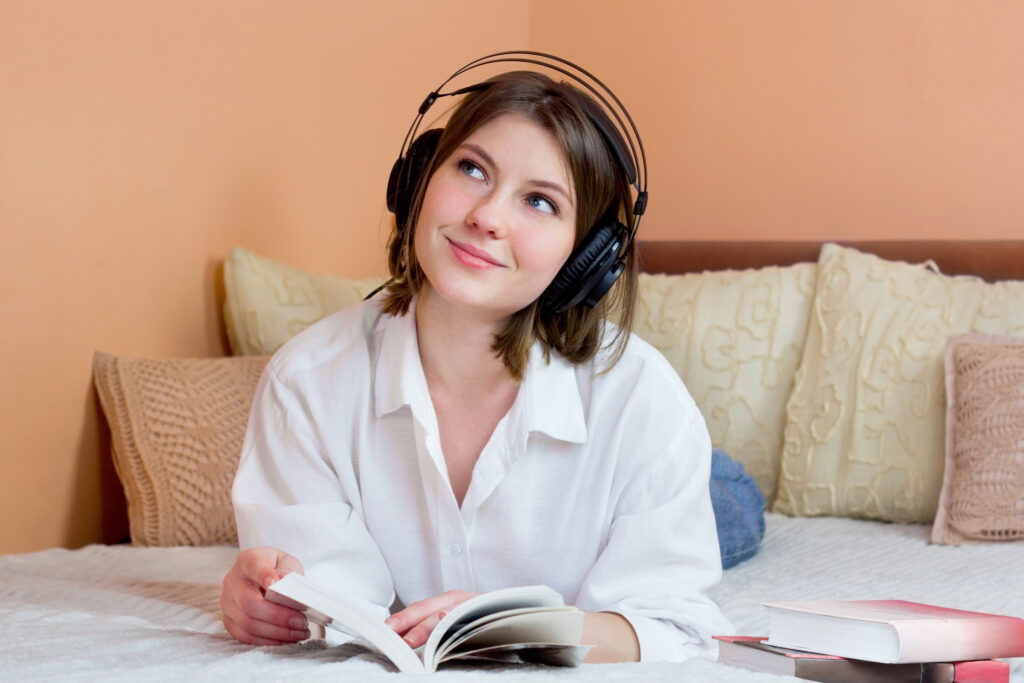“Taking the office home with you” can be a precursor to burnout and workaholism, but new research finds surprising benefits for those who mix a little of their work into their leisure time.
New research from University of Georgia William Harry Willson Distinguished Chair and Professor Jessica Rodell found people who spend their downtime listening to podcasts about leadership or having coffee with a mentor can return to work as refreshed as those who tune out completely. Plus, they feel more prepared and comfortable at work.
Rodell, who works in UGA’s Terry College of Business Department of Management, and her coauthor Katie Zipay, a former Terry Ph.D. student and now an assistant professor of management at Purdue University, reported their findings in Have Your Cake and Eat It Too? Understanding Leisure-Work Synergizing and Its Impact on Employee Thriving. Their paper was published in Organization Science in December 2024.
“Our question was what happens when we blend work and leisure — like going for a walk during a meeting or reading a leadership book after hours,” Rodell“We wanted to know if we could count that time twice because you’re getting both leisure and work out of those hours.”
Zipay first thought of the question when she noticed how often she listened to work-related podcasts. She was relaxing, but the content helped her professional development. Was that work or leisure?
The difference between work and leisure and the importance of time away from work have been accepted by organizational psychologists as an understanding of workplace well-being and employee mental health. But workers don’t experience their days in that leisure/work time binary, Rodell said.
Rodell and Zipay surveyed more than 140 medical center employees regularly for five weeks to understand if adding work-adjacent goals to leisure time negated its restorative benefits. The employees reported whether they engaged in blended work and leisure activities during their free time. In separate surveys sent the next day, they rated their levels of fatigue and self-assurance.
They found employees engaging in blended leisure-work activities were as rested as their colleagues who had not.
“The thought was, ‘You’re asking your body, your mind, and your emotions to do double duty by living in both worlds at the same time,’” Rodell said. “We thought people would be exhausted, but that’s not what we found.”
In fact, they were thriving because of increased confidence and self-assuredness.
“Overwhelmingly, we saw that it helped people thrive at work,” Rodell said. “The main (reason) we found was an increased sense of self-assurance. They had increased confidence that came from growth and learning, and that translates into the workplace.”
However, not every employee will get the same benefits from “leisure hacking,” she said. Employees who like to keep a bright line between their work and home lives didn’t see the benefits.
“I would tell people to explore these kinds of activities and see how they make you feel,” Rodell said. “If you find benefits of it, it’s a way for you to have your cake and eat it too. If you try it, and you find yourself exhausted or it causes you more stress — then it probably doesn’t suit your mental model, and it’s not going to be beneficial.”

